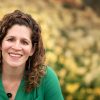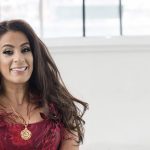What happens when you add together the writing power of two bestselling children’s storytellers? A book that is greater than the sum of its parts, of course! The Lost Library (Feiwel and Friends, 2023) is part mystery, part ghost story, and part an affectionate goodbye to elementary school; but in its wholeness it is a love letter to libraries. Award-winning authors Rebecca Stead and Wendy Mass collaborated for the second time to create this title that Stead affirms is “absolutely about our love for books and our love for librarians.” It’s also about allowing yourself to move on from the past so that you can embrace the future.
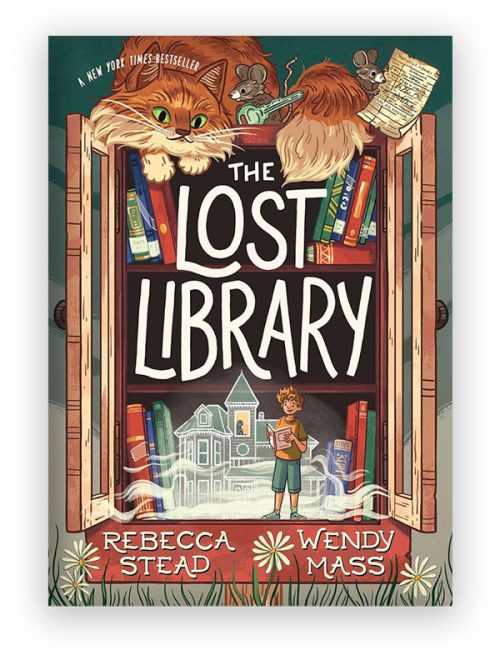
Here, Stead and Mass talk with Lisa Bullard about their process of writing together, their favorite parts of creating stories for young readers, and their most memorable childhood encounters with a school librarian.
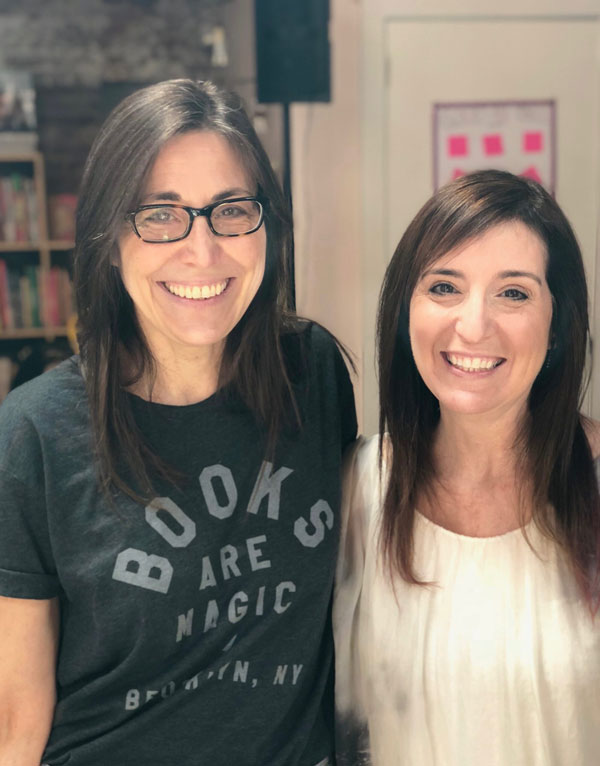
Rebecca Stead (left) and Wendy Mass (right)
Your dedication for The Lost Library reads: “For the librarians of the past, present, and future.”Could you each share a story about a librarian that played a key role in your own life?
Rebecca: Yes! This book is absolutely about our love for books and our love for librarians. My strongest library memory is the day I lied to our school librarian in fifth or sixth grade. I had started reading James and the Giant Peach and wanted to check out the book so that I could finish it at home, but I worried that it looked “too young” for me, so I casually mentioned that it was for my (nonexistent) little brother. This was before I learned that truly great readers read books for all ages.
Wendy: In third grade, my teacher read us an excerpt of a story from an anthology, and I was enthralled but too shy to ask afterwards what the name of the book was. I couldn’t stop thinking about it. When it was my class’s turn to go to the school library, I pulled out book after book trying to find it. The school librarian hurried over, and I explained a bit about the story. She returned a moment later and handed me The Lion, the Witch and the Wardrobe, and a week later, revealed all the sequels in the Narnia series. She turned me into a reader, and I’m forever grateful.
She turned me into a reader, and I’m forever grateful.” – Wendy Mass
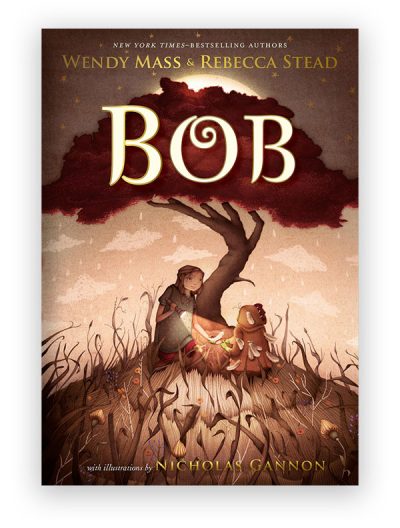
The two of you collaborated previously on the novel Bob (Feiwel and Friends, 2018). What does the practical process of co-writing a book look like for the two of you? Was the process different for this new novel than it was for Bob?
Rebecca: We met many years ago at a writing conference, having already read and admired each other’s books. There was a feeling between us, I think, that we were writing for the same curious, story-hungry readers, and that we looked for the same kind of satisfying book-moments. It’s pretty wonderful when another person can enter the story world with you, building great characters and plots. Wendy is more of a book planner than I am—on school visits, we talk to kids about “plotters” (like Wendy) and “plungers” (like me). For Bob, we mostly plunged, surprising each other with alternating chapters. For The Lost Library, we planned ahead a bit more. We decided before writing, for example, that this would be a genre-bender, as well as a story with mysteries within mysteries. But neither process is the “right one.” Both times, there was stumbling and getting up again. Writing can be a lot like feeling your way through a tunnel in the dark. Unpredictable, but ultimately satisfying.
Writing can be a lot like feeling your way through a tunnel in the dark. Unpredictable, but ultimately satisfying.” – Rebecca Stead
Does your writing change in any way when you work as part of a team?
Wendy: Working together is a nice change from what is usually such a solitary job. It’s fun to brainstorm and to live inside the same story as it grows.
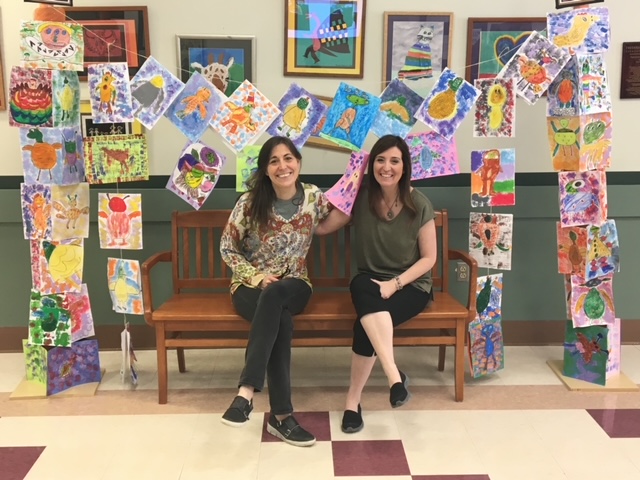
What advice do you have for students who have been assigned to work on a team project?
Rebecca: My advice is to talk ahead of time about what each person is most excited to contribute to the project.
Wendy: I’d add that sometimes you’ll need to take turns being a “cheerleader” for the project, and that’s okay!
If you had to summarize a successful collaboration in just three words, what would those three words be?
Rebecca: May I ask for an extra word? I need four: Listen hard, work hard.
Wendy: Three words for a successful collaboration: patience, open-mindedness, excitement.
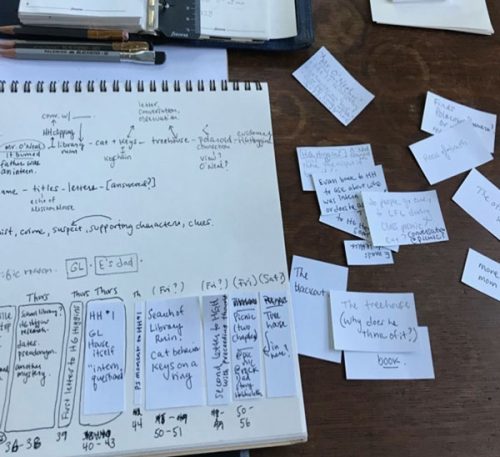
The Lost Library in progress (on Rebecca’s desk)
So many of the characters in The Lost Library are faced with moving on from their pasts so they can journey forward into their futures. For two of your characters, that means the transition from elementary school to middle school. And at the same time, they’re experiencing shifts in their relationships with their parents. Is there anything you’d like to say to readers who are facing a similar time of transition?
Rebecca: It’s going to be okay! When I was eleven, I was really sad to graduate from my first school. It was a safe world, I loved it, and, like our character Evan, I wanted to stay there. Forever, if it could be arranged. My best advice for moving on: Remember that you don’t ever have to be anyone but yourself. There may be a time when you feel lonely in a new place, but if you stay true to who you are and what you love to do, you’ll discover real friendships and maybe, new things to love.
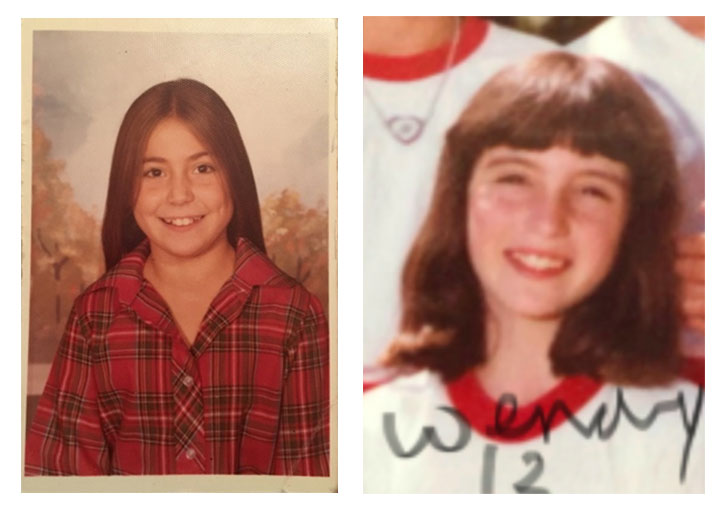
If you stay true to who you are and what you love to do, you’ll discover real friendships and maybe, new things to love.” – Rebecca Stead
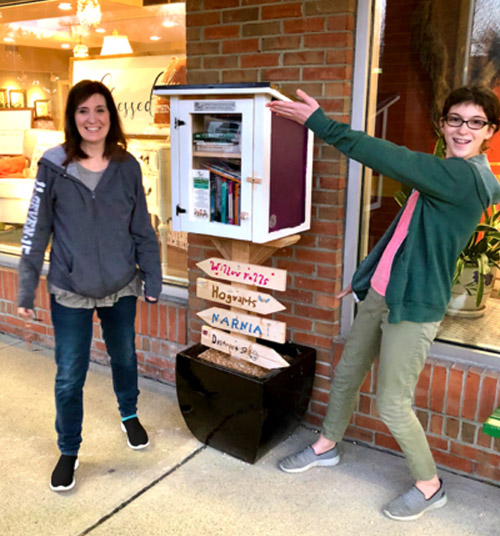
What would you like to tell young readers about your experiences growing up? How did that time in your life inform your work and the approach you take to creating books?
Rebecca: Almost every book I write has to do with my own childhood in some way. When You Reach Me (Wendy Lamb Books, 2009), for example, is set in the specific time and place of my own sixth-grade year. I grew up happy, an only child of divorced parents, in New York City. Not the typical “storybook” childhood, maybe, but one that was full of love and interesting moments. Like every kid, I felt things deeply and had a lot of big questions in my head. I draw on those emotions—and those questions—all the time when I’m writing. Books meant so much to me when I was a kid. Reading about the internal lives of fictional people taught me a surprising amount about myself. I try to write stories that leave room for readers to have their own thoughts, their own opinions, and their own revelations about the world and about themselves.
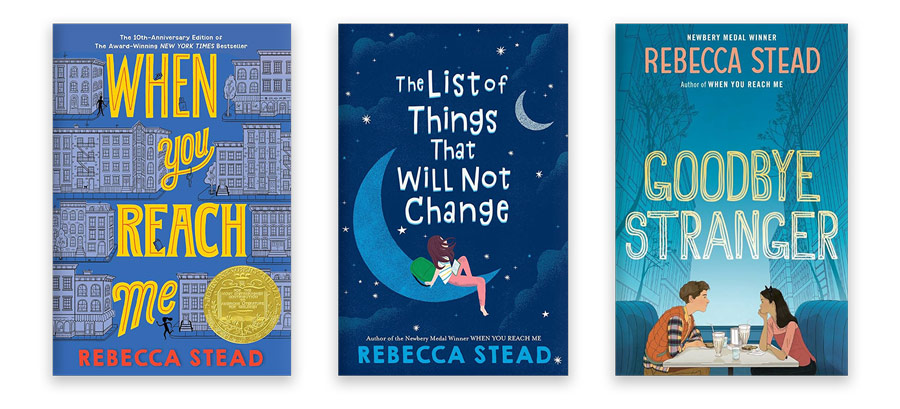
What’s your favorite part of creating books for young people?
Rebecca: The feeling that I have a grip on a good idea, something that’s solid at the center, something I can unwrap in a really satisfying way. (Why does it sound as if I’m talking about candy?)
Wendy: Maybe because you’ve been hanging around me too long! (She says as she eats an orange circus peanut!) My favorite part is getting to take readers (and myself) on an adventure that we wouldn’t likely have in our real lives, and then I hope the reader will come back to themselves feeling stronger and more secure in themselves.
My favorite part is getting to take readers (and myself) on an adventure that we wouldn’t likely have in our real lives.” – Wendy Mass
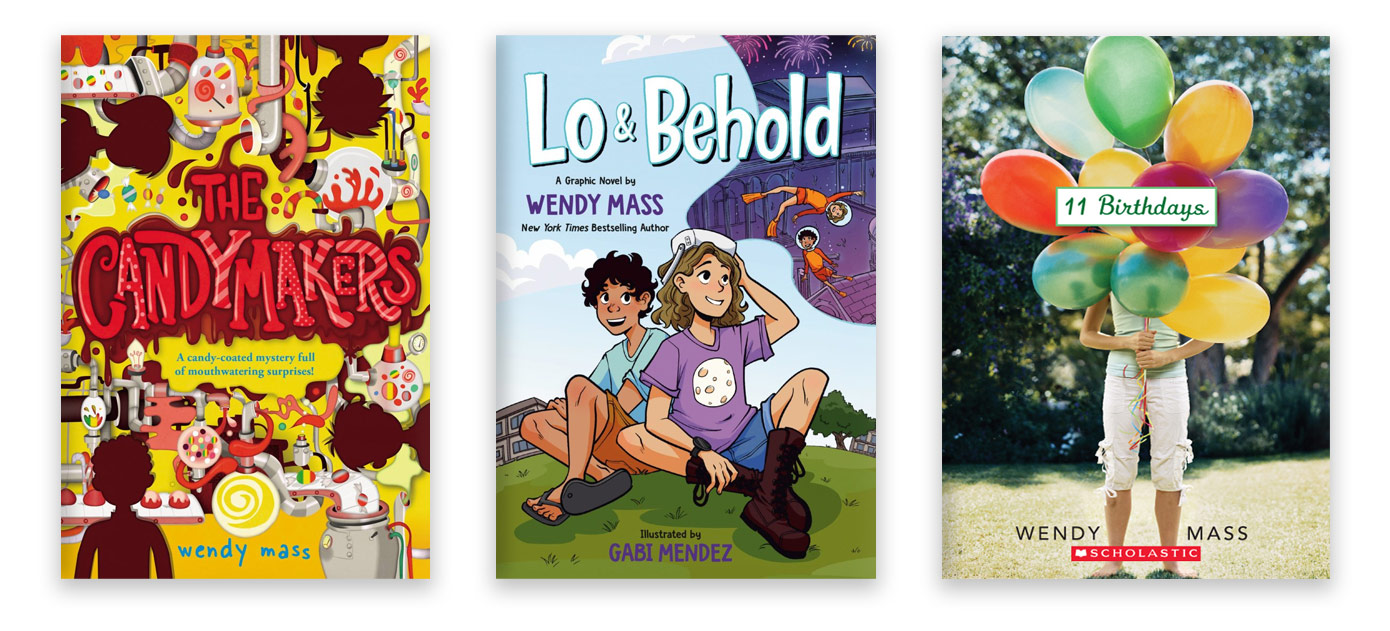
What would you like to tell your fans about your forthcoming books?
Rebecca: I have two books coming next year. My first picture book, Anything, is about a girl and her dad moving into a new apartment. (It’s also about wishes, and love, and imagination.) And for middle-graders, I have The Experiment, about a sixth-grader named Nathan who starts growing a tail, which is challenging because his one job is to pass for human.
Wendy: I have a graphic novel coming out called Life Is Sweet, which is a prequel to my book The Candymakers (Little, Brown, 2010), and a series called Green Jolene, about the adventures of a budding environmentalist.
What are the best ways for educators and librarians to connect with you or to follow you on social media?
Rebecca: I have a website at rebeccastead.com. My only remaining social media account is on Instagram, and to be honest, that’s hanging by a thread (@rebstead). You can always email me (rebeccasteadwriter@gmail.com).
Wendy: My website is wendymass.com, and folks can contact me through there. Instagram is wendy_mass but I only recently figured out where the direct messages are. Sigh.


